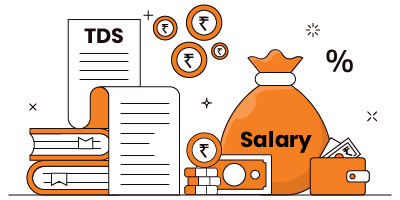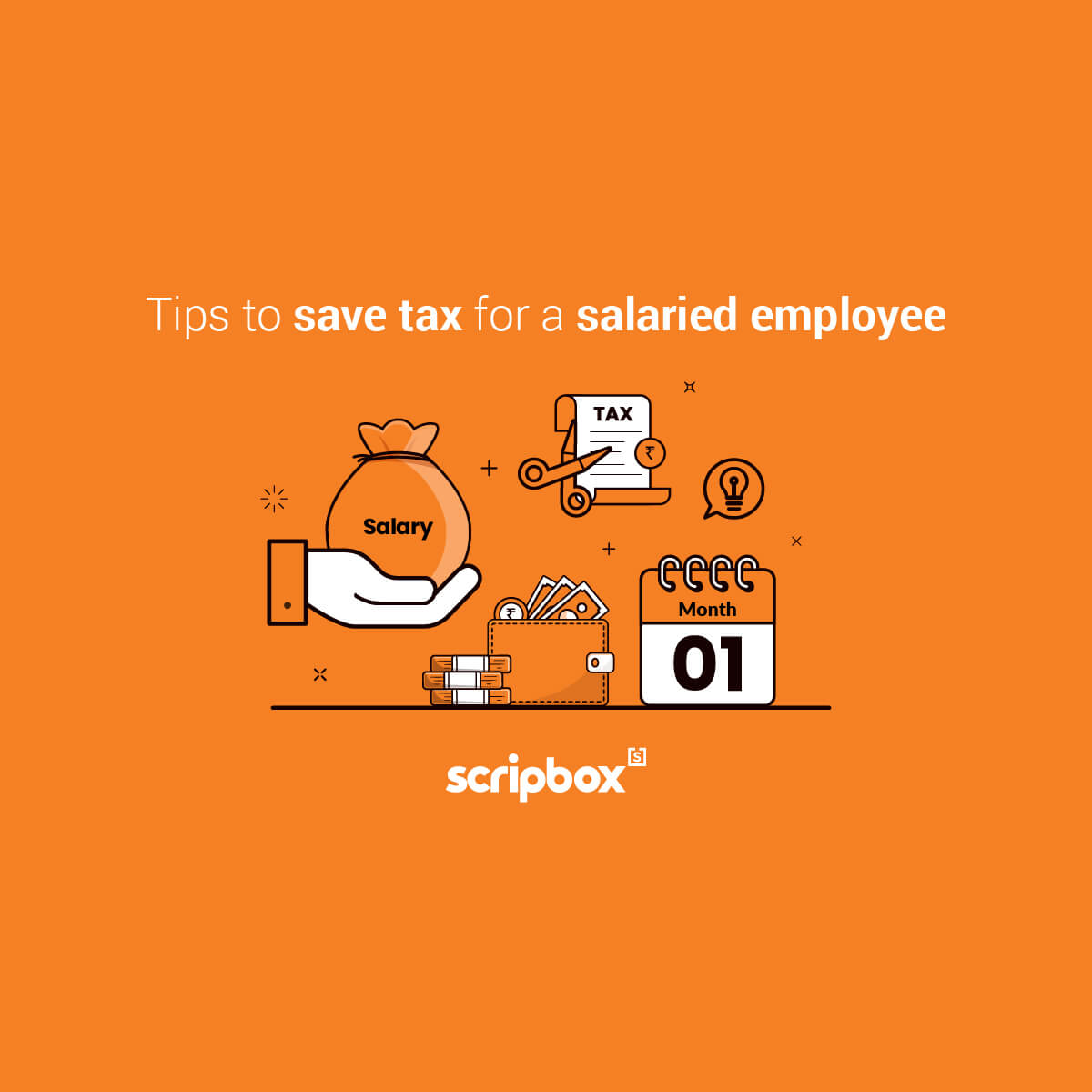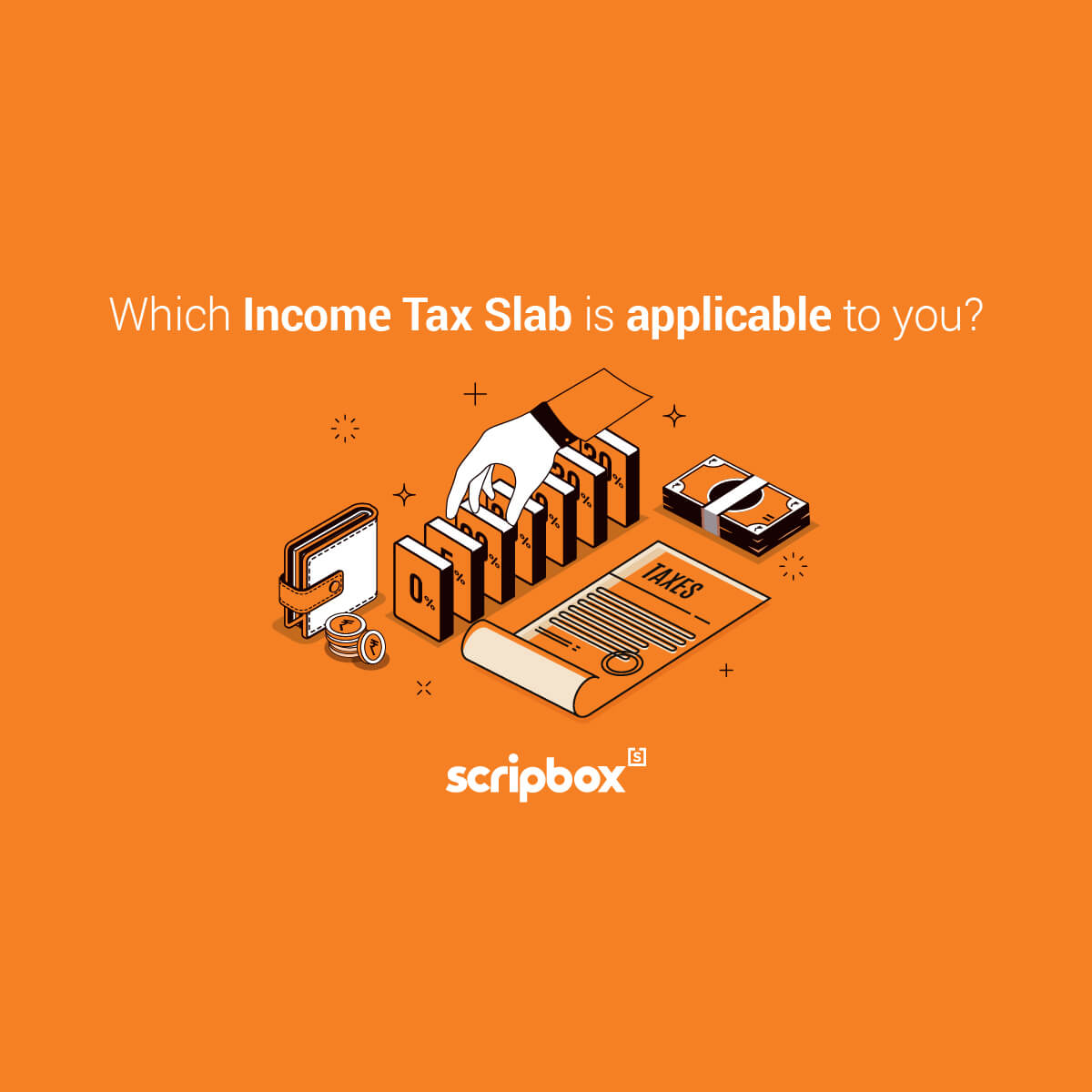It’s that time of the year again – Tax Planning. With the financial year-end around the corner, all of us start planning our tax savings now. As a salaried employee, before anything, you should understand your tax slab and meaning of your salary breakup components. This will help you figure out how to save on taxes. You need to understand what are the available deductions. Below list will help you plan your tax filing well.
1. House Rent Allowance (HRA)
For those who live in a rented house/apartment, can claim HRA to lower tax outgo. HRA is partially or completely exempt from taxes.
2. Leave Travel Allowance (LTA)
For travel within India, an employee can avail exemption for the trip under LTA. This exemption is only for the shortest distance on a trip. Only for the trip taken with your spouse, children, and parents, this can be claimed. Hence, on incurring the expenses and submitting the bills to the employers you can claim this exemption.
3. Employee Contribution to Provident Fund (PF)
Provident Fund is a social security initiative where the employer and employee contribute an equal amount every month toward employee’s pension and provident fund. This is 12% of the basic salary. The government decides the interest rate which is about 8.65%. Therefore, upon maturity, the returns are exempted from tax. Also, EPF contributions can be claimed for tax exemption under Section 80C of the Income Tax Act.
4. Standard Deduction
Standard Deduction replaced the conveyance allowance and medical allowance. Post the 2023 budget, employees can now claim a flat Rs. 50,000 deduction from the total income, thereby reducing the tax outgo. Taxpayers can claim the deduction under old tax regime as well as new tax regime.
5. Professional Tax
Professional tax is a tax levied by the state and is Rs 2,500. It is deducted by the employer and deposited with the state government. Hence, it is allowed as a deduction from your salary.
6. Exemption of Leave Encashment
Some employers allow you to carry forward some amount of leave days and allow you to encash them while others prefer that you finish using them in the same year itself.
7. Exemption Under Section 89(1)
As per Section 89(1), any salary received in arrears or advance is allowed for tax relief.
8. Exemption from the Receipt Upon Opting for Voluntary Retirement
As per Section 10(10C), any compensation on voluntary retirement or separation is exempted from tax. The exemption is subjected to the pre-requisite that the receipts comply with rule 2BA. Also, the maximum compensation received should not exceed Rs. 5,00,000.
9. Pension
Pension received is considered as salary and thus is taxable.
10. Gratuity
Gratuity is a retirement benefit that is provided by an employer if an employee renders five years of service in the organization. However, the amount is paid upon retirement or resignation.
Read About: Income Tax Exemptions on Gratuity
11. Donations to Political Parties
Any donation made to political parties is exempt from tax if it satisfies certain conditions under section 80GGC.
12. Meal Coupons
Some employers provide meal coupons like Sodexo or Zeta to their employees. These aren’t taxable up to Rs 2,600 p.m.
13. Car Leased by Employer
If someone is making use of a car lease policy offered by his employer, he can drive a car leased by his employer. Therefore, save tax on car EMI since he may not require buying a car.
Expenses incurred in using these devices are either pre-paid by some employers or can be reimbursed by the employees. Tax benefits can be claimed on these expenses.
15. Medical Insurance
A salaried employee can claim a deduction against the medical insurance under section 80D. Such medical or health insurance must be taken to cover their spouse, dependent children, or parents. You can claim Rs 25,000 against insurance premium paid towards to cover their spouse, dependent children. You can claim another Rs 25,000 against insurance premium paid towards to cover the life of parents. If the parent is a senior citizen then you can claim Rs 50,000 instead of Rs 25,000.
16. Home Loan
You can claim a tax deduction for home loan emi of up to Rs 2,00,000 in a financial year under section 24. The loan must be to acquire, construct, repair, renew or reconstruct the property. Moreover, you can claim the tax deduction of principal amount repayment under section 80C of up to Rs 1.5 lakhs.
17. Education Loan
You can claim a tax deduction against the interest on education. Such interest must be paid out of your income chargeable to tax for the financial year. The loan must be taken from any financial institution or any approved charitable institution. The education loan can be taken for the individual taxpayer or for any of his relatives. A relative means the spouse and children of that individual or the student for whom the individual is the legal guardian.
You can claim the deduction from the previous year in which you start paying the education loan emi. Starting from the first year of the start of repayment you can claim for another 7 financial years. In total, you can claim the deduction for up to 8 financial years. However, the deduction is available for 8 financial years or up to the actual complete repayment of the loan, whichever is earlier.
18. Mutual Funds
An investment in ELSS equity linked savings scheme qualifies for a tax deduction. You can claim deduction under section 80C of up to Rs 1.5 lakhs. ELSS is a tax saving mutual fund that invests more than 65% of its corpus in equities and the rest of the 35% in debt instruments.
19. Deductions
The lower your taxable income; lower is your tax liability. There are multiple provisions by which you can lower your taxable income. For example, under section 80C you can save Rs 1.5 lakhs annually. 80C investments include FD, Equity Linked Savings Scheme, Insurance policies, etc. Also, there are a bunch of other deductions under Section 80 such as 80D, 80E, 80GG, 80U etc. that reduce your tax liability. Read 6 reasons Why ELSS is Better Than Other Tax Saving Instruments and 19 ways to save this tax 2019 to know more about tax savings options.
Every month, the employer deduct a part of your total income tax as Tax Deducted at Source (TDS). This is a significant portion for a salaried employee. Furthermore, the employer provides details of the tax deducted in Form 16 (TDS certificate). While filing returns, you must make the remaining payment.
Learn What is Pay Slip?
Similar Pages
- Tax Information Network
- Save Taxes on Sale of Property
- Income Tax on Gifts
- Save Taxes on Health Insurance
- TDS on Rent
- Income from Salary
- Corporate Tax in India
- Income From House Property
Related Articles
- 1. House Rent Allowance (HRA)
- 2. Leave Travel Allowance (LTA)
- 3. Employee Contribution to Provident Fund (PF)
- 4. Standard Deduction
- 5. Professional Tax
- 6. Exemption of Leave Encashment
- 7. Exemption Under Section 89(1)
- 8. Exemption from the Receipt Upon Opting for Voluntary Retirement
- 9. Pension
- 10. Gratuity
- 11. Donations to Political Parties
- 12. Meal Coupons
- 13. Car Leased by Employer
- 14. Expenses Related to Internet or Phone
- 15. Medical Insurance
- 16. Home Loan
- 17. Education Loan
- 18. Mutual Funds
- 19. Deductions





















Show comments